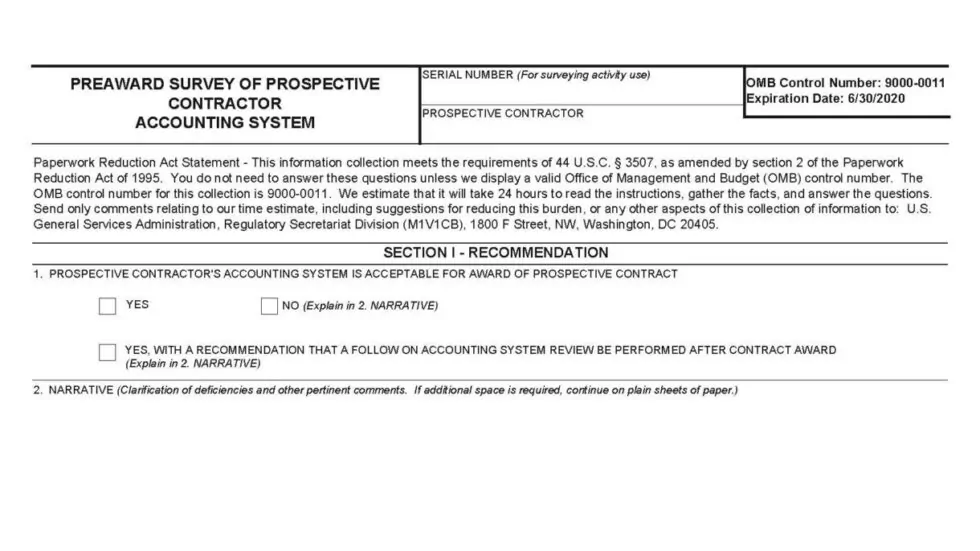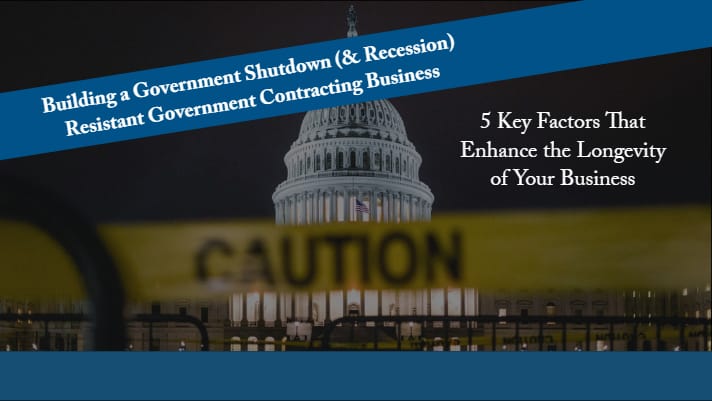If you haven’t been paying close attention to overtime pay rules lately, now is a good time to start, with support from your accounting professionals. President Obama’s latest charge to the DOL comes on the heels of his directive raising the minimum hourly wage for employees who work for private employers under new U.S. government contracts. Those employees will be paid $10.10 per hour, up from today’s federal minimum wage of $7.25 per hour.
What should you do about the expansion of overtime requirements?
It is prudent for employers to assume minimum pay for exempt employees will be going up, one way or another, within a year or so (beyond whatever raises you were planning). The following considerations can help you prepare:
Review the appropriateness of exemption status given to your employees based on the federal criteria, to assure you aren’t vulnerable to a challenge, even if no regulatory changes were to occur governing overtime pay.
Calculate the number of hours worked by exempt employees who might not truly meet the exemption standards. If many are working significantly above 40 hours, assess what it would cost you if they successfully challenge their exempt status, both in legal costs and higher wages.
Estimate the added cost to your payroll if you have to raise the pay of exempt workers currently earning little more than the current $455 minimum.
Would you experience a significant bump in payroll costs if the $455 threshold were raised to, for example, $580 (based in the inflation-adjustment model for raising it)? Think about whether you would come out ahead by treating those employees as non-exempt instead. The implied hourly wage at $580 a week is $14.50. Recall that the hourly equivalent wage for an exempt employee working 40 hours a week today is $11.38. You would be ahead of the game simply by raising such employees’ pay to anywhere below $14.50, assuming their weekly hours are kept to 40.
-If the manpower requirements of your business demand total output from particular exempt employees exceeding 40 hours a week, analyze whether you are better off raising their pay, or hiring more people to get the job done without crossing the 40-hour limit.
Finally, consider the bigger picture of your local labor market conditions, and the overall level of productivity and engagement of your workforce today. If their productivity is sub-optimal, focus on addressing that issue. Doing so successfully will make your employees more valuable to the business, so that any higher wages you are ultimately forced to pay will have been legitimately earned by the affected employees.



